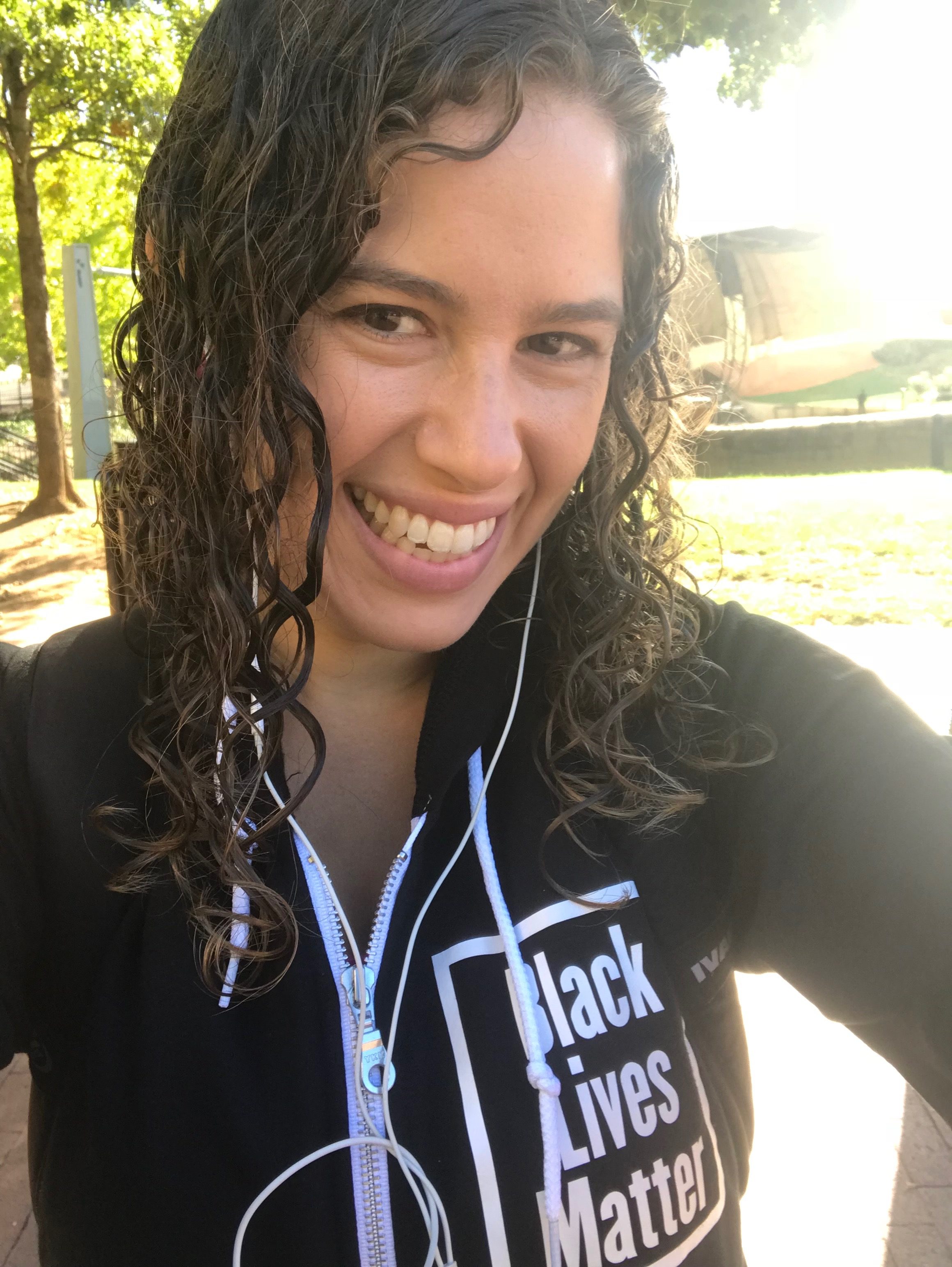Dear New Students,
I’ll meet you in a few days as your afterschool program leader. My job entails supporting your academic and emotional development. I hope this year that I can teach you to build healthy ways of relating — to express your feelings, to ask for what you need and want, and to listen to others. These skills will serve you academically and socially. In particularly, though, I want you to learn these skills because they can help you achieve sexual health.
Because here’s the deal: I am a sex ed teacher at my core. You are sixth-graders. Therefore, I want to teach you about puberty, reproduction, consent, and HIV prevention. I want to set up a question box and hold small group discussions. I want you to demonstrate mastery of relevant vocabulary and skills while demonstrating an open-minded and positive approach to the care of your own body and relationships. I know sexuality education is important; I know I have the ability to teach it to you.
However, my dear students, I’m not your sex ed teacher. Instead, health is part of your physical education curriculum. I’m here to care for you afterschool and to join you an other powerful and crucial learning adventures.
So what, I just forget my own priorities for a year? No! No, I cannot do that at all. I need a moment to reconfigure, to re-conceive of myself and my rules and to refocus on how I can do this job passionately and fully. Here are some of my initial thoughts about this dilemma:
You need many adults in your lives who advocate for sexual health and express sex-positive values. I’ve already started connecting with your school staff — today I spoke briefly with your nurse and she mentioned other teachers I might turn to as potential allies. My job also entails reaching out to your parents and guardians, and I will present myself as a resource to them. Most of all, I myself will become an important adult in your lives. As a “mainstream” mentor-figure, perhaps I can model discussing sexual health in a manner that helps normalize such conversation. Adults should not confine intentional teaching about sexuality to one unit or one class. Students, you and I together will figure out how to weave what I can teach you and what you want to learn into both structured and spontaneous lessons throughout the year as part of the dynamic we develop together.
Hopeful, curious, and eager to engage,
Ms. Arbeit
